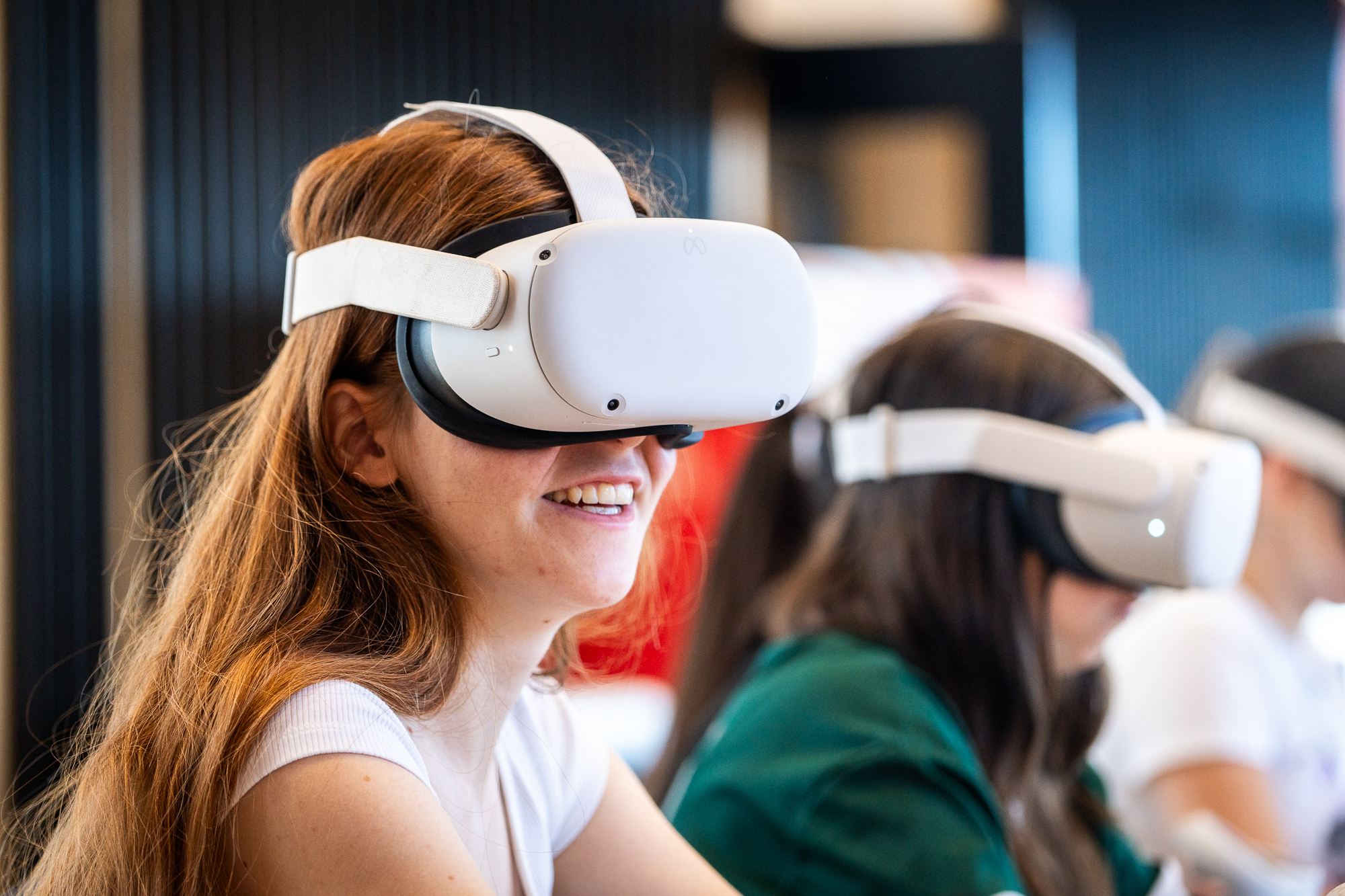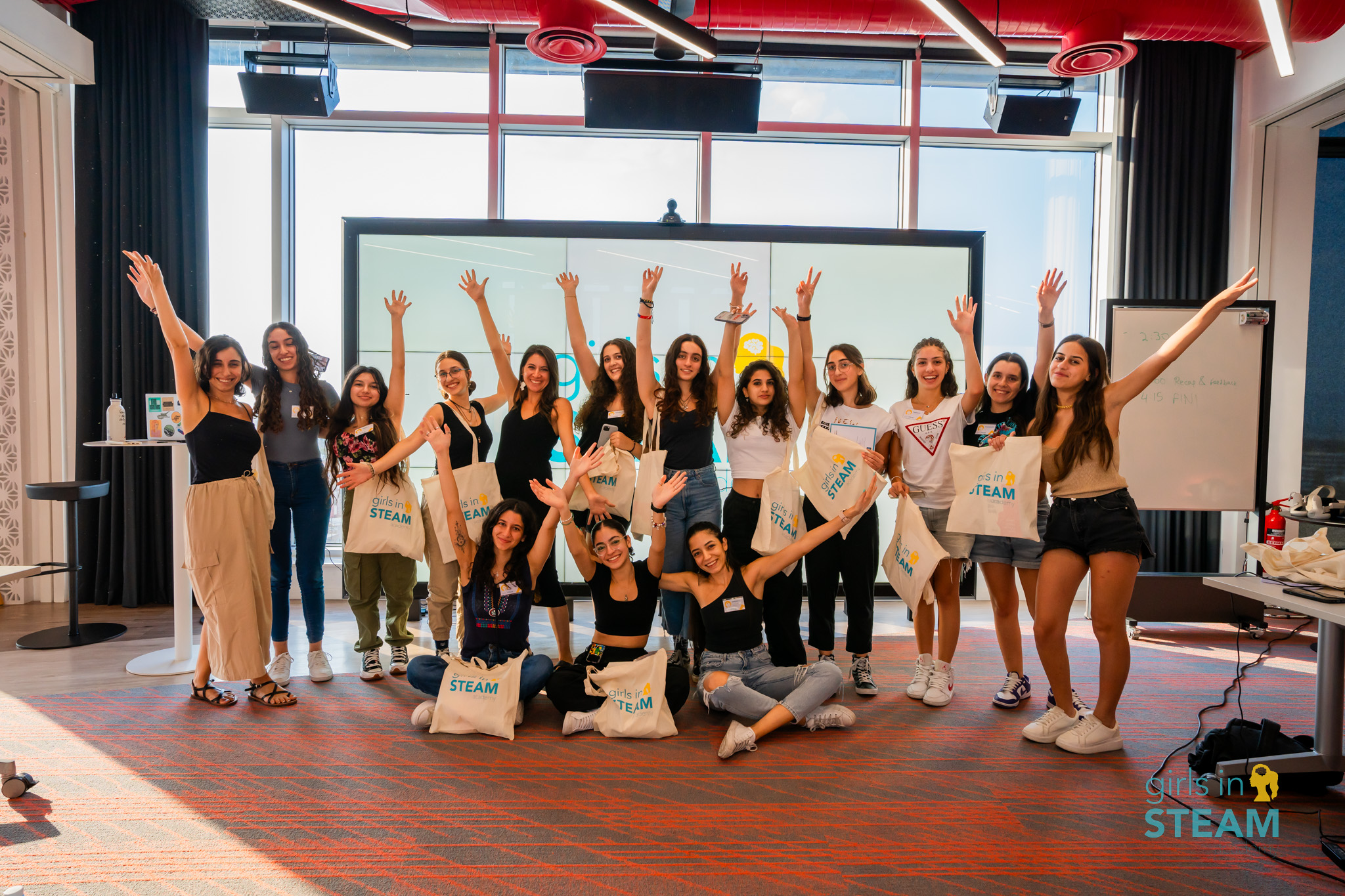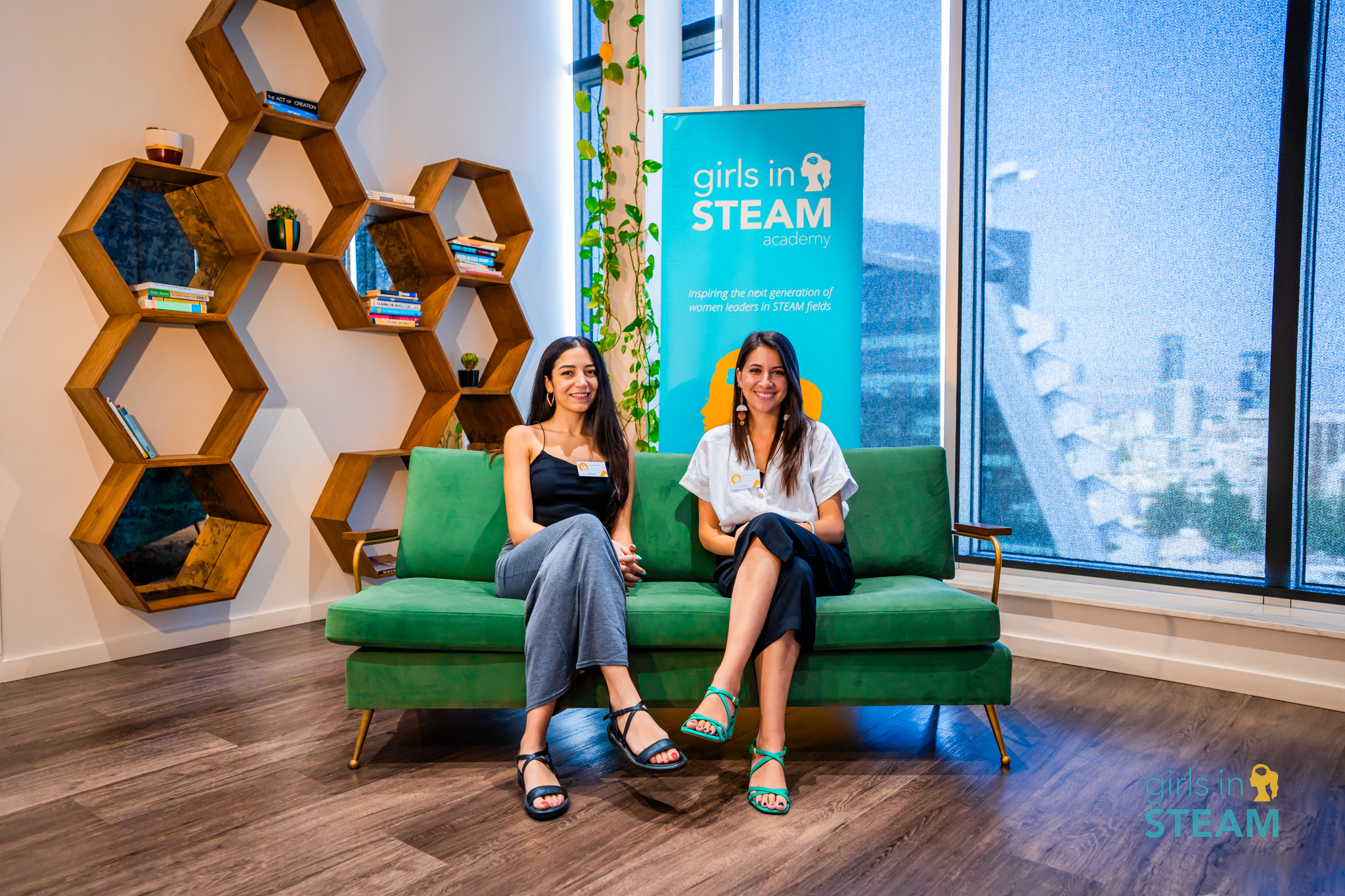Half of the island’s population are likely to have their career chosen for them. But they don’t realise it’s happening...
Do you think you actually chose your job? In Cyprus, chances are you didn’t.
Men are safe – they usually have the freedom to pursue the career they choose. But women? Well, that’s a different story entirely…
“On this island, a woman’s career path is often predetermined from birth,” reveals Panagiota Polykarpou. “And the most frightening thing is that we don’t even realise it’s happening…”
27-year-old Panagiota is a consultant on gender equality and inclusion based in Europe. And she’s passionate about women’s careers.
But, along with Anastasia Liopetriti, the Senior European Project Manager at the Centre for Social Innovation, she’s also the co-founder of local non-profit Girls in STEAM Academy, an initiative under the Be An Ally Foundation.
And this, she adds, is a project that’s absolutely crucial. Especially in Cyprus…
“STEAM stands for Science, Technology, Engineering, Arts and Mathematics. It’s an educational approach that blends technical subjects like science and math with the creativity and innovation of the arts. It includes jobs such as robotics and biochemistry, data science and coding. Professions that, on this island, are overwhelmingly male-dominated.”
But why are they male-dominated? After all, we’re not a third-world country. Girls get the same chances as boys, don’t they?
“Yes and no,” says Panagiota. “For the most part, girls do have the same opportunities. But, from birth, they’re subjected to bias…”

We know qualifications are not the issue – Eurostat ranks Cyprus 3rd in the EU for higher education by gender: 67 per cent of women achieve a bachelors, compared to 51 per cent of men. Our girls clearly excel in academia.
Instead, Panagiota reveals, it’s personality, media, society and family that are creating barriers.
“Personality refers to our interests, values, and talents, and the way we perceive them. Research shows that when children are told they aren’t good at something, they internalise that bias, and this is reflected in their performance.
“In Cyprus, we have multiple reports of teachers telling girls that maths is too hard for them; that boys are just naturally better at coding or engineering or mechanics, at solving complex logical problems or working with intricate systems!”
Then there’s the media. We’ve known for years that the advertising industry will market nursing jobs to women, but jobs for doctors to men – it’s there in countless brochures for our colleges.
“But while other countries are addressing this bias, Cyprus lags behind: on TV, women are still the secretaries and men the CEOs,” says Panagiota. “What are we telling our children?”
Societal expectations are another factor.
“Cyprus still holds very set ideas about what girls should aspire to in terms of a career. From an early age, they’re steered towards professions that allow for part-time work or flexible hours; roles that will allow them to ‘balance’ work and family. Do we ask men the same thing?” Panagiota exclaims. “Do we?”
Lastly, there’s family. “Whether we like it or not, Cyprus is still hugely patriarchal,” sighs Panagiota. “And family plays a big role in shaping our career choices. Even with the best of intentions, we can pass down our own biases, steering our daughters into ‘acceptable’ fields, limiting their potential. When was the last time you met a female coder, engineer, or data scientist?”
All of this, she clarifies, often comes down to subconscious gender bias. We’re doing it, society’s doing it. But often we don’t realise.
“The data is very clear: Cyprus is funnelling girls away from jobs in science, technology, engineering and mathematics. And, sadly, this is a terrible idea. Because not only are STEAM careers highly lucrative, they’re also among the fastest-growing job sectors in Europe…”

Just four per cent of women work in STEAM professions, compared to 27 per cent of men.
“But what’s far more crucial,” adds Panagiota, “is that by excluding women from STEAM, we’re not only missing out on potential talent but also on a perspective from half our population!”
Panagiota talks about the gender bias in product design, such as seatbelts, which are typically tested on male crash test dummies. “Which means women are 72 per cent more likely to be injured in a car crash.”
She highlights how cardiac arrest symptoms were, until recently, based on male patients – leaving women at greater risk of misdiagnosis.
She mentions the implicit male bias in AI: “For years, Amazon used AI to scan CVs, but the data came from male employees. The AI didn’t recognise women’s CVs as suitable.”
“And, most importantly,” she adds, “research shows that more diverse teams are more productive. Greater team diversity equals fewer failures and better results. So including women in these fields isn’t just the right thing to do – it also boosts revenue and drives innovation!”
So far, the picture is bleak. Not only is Cyprus struggling with deeply ingrained gender biases that limit women’s participation in STEAM fields, but those barriers are being reinforced by societal, familial, and educational influences that have existed for generations.
But, at Girls in STEAM, Panagiota and Anastasia are working to change that narrative. Through hands-on learning, mentorship, and community-building, they’re empowering girls between the ages of 14 and 17 to see themselves in fields like coding, engineering, and technology. Integrating the UN’s Sustainable Development Goals, showing participants how STEAM careers can address global challenges like climate change, they’re breaking our stereotypes.
In the three years since its launch, over 200 young women have graduated from the programme. Soon, they’ll be entering the workforce.

“And then, Cyprus had better sit up!” says Panagiota. “Because these women are ready to break down barriers, reshape industries, and lead in fields where they’ve been underrepresented for far too long.
“The future of STEAM is changing. And with it, our island.”
For more information, visit steamacademycy.org or the Facebook page ‘Girls in STEAM Academy’







Click here to change your cookie preferences